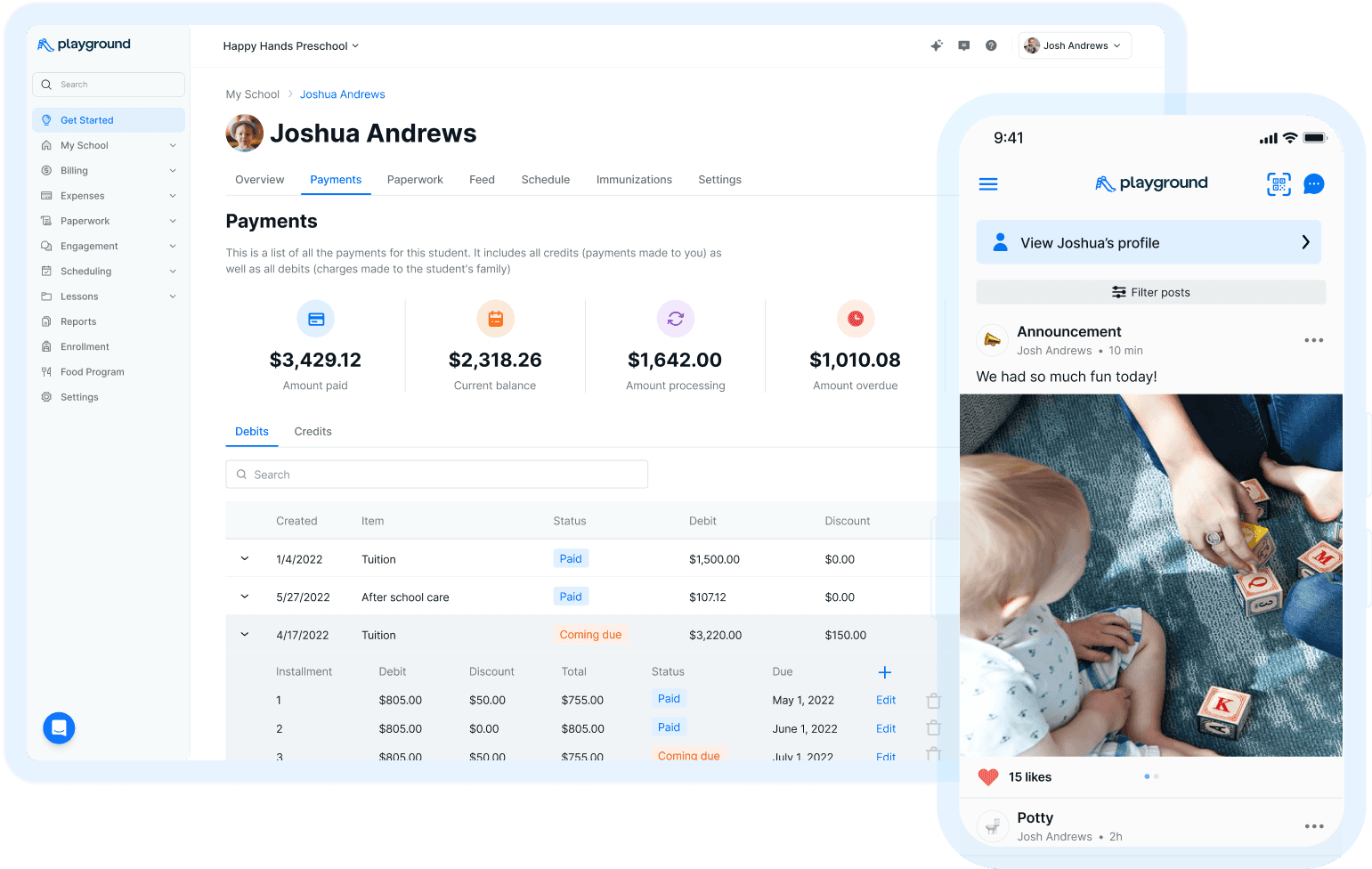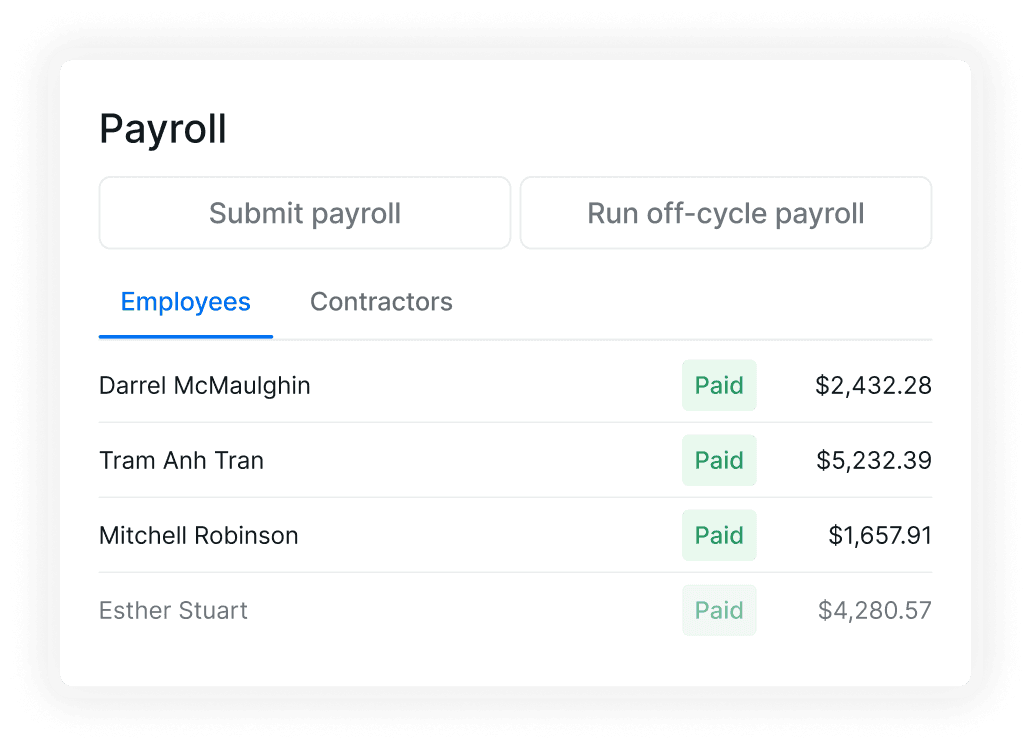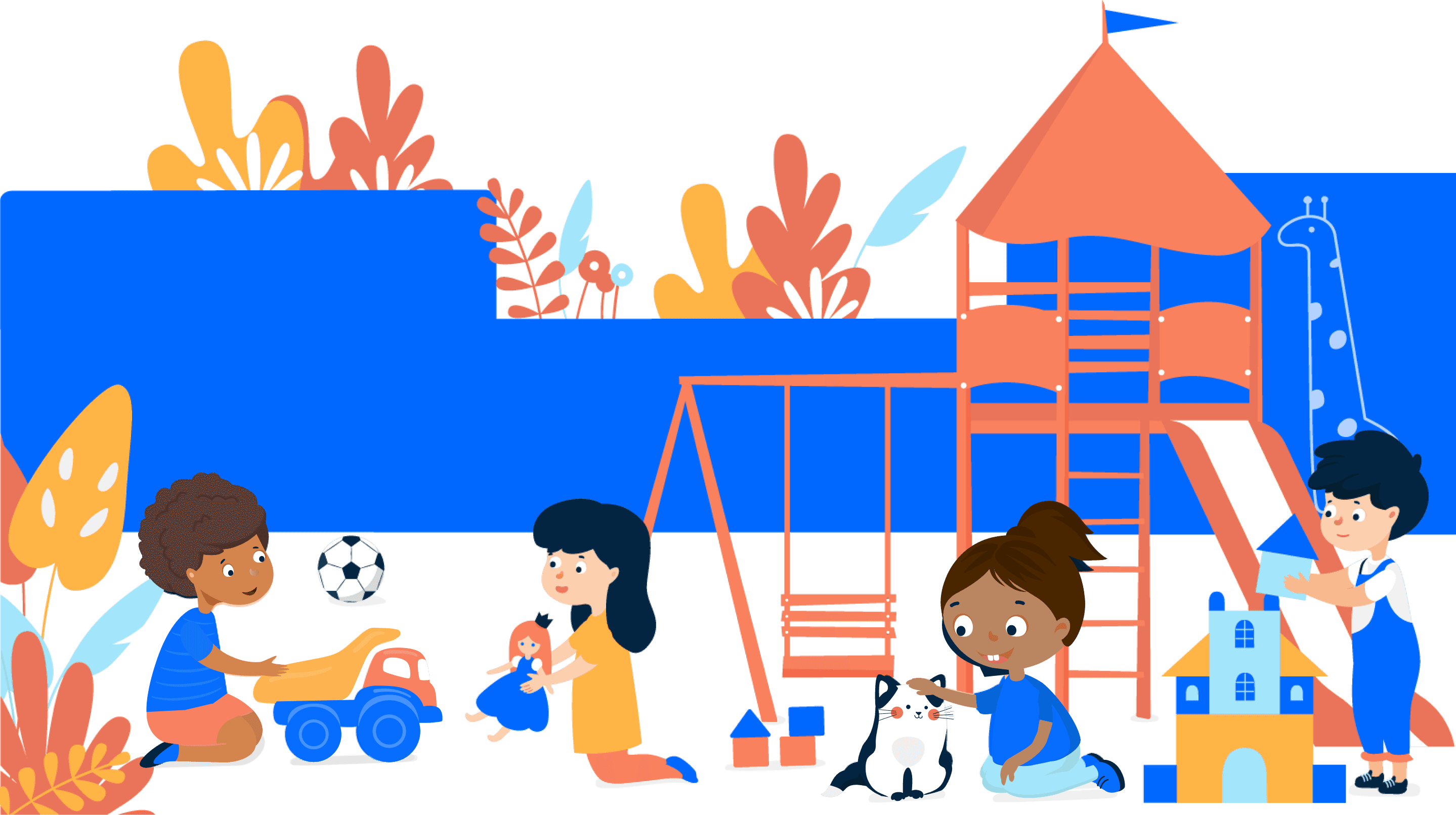Alphabet Parenting: E is for Education


Tamar Andrews
2 min read

Make your families & teachers happier
All-in-one child care management platform with billing, attendance, registration, communication, payroll, and more!
5.0 Rating

Make your families & teachers happier
All-in-one child care management platform with billing, attendance, registration, communication, payroll, and more!
5.0 Rating
Education
ed·u·ca·tion | \ ˌe-jə-ˈkā-shən \
E is the easiest letter to decide on in our parenting alphabet.
However, the more difficult part is understanding that I am referring to many aspects of education here. On the surface, preschool, elementary school, and so forth offer a child only the rudimentary components of education. They learn to speak, to read, to write, to add, and to multiply, but these skills are void of any meaning until the family and cultural component of education is dovetailed with it.
It is the family’s cultural impact and values that add rich texture to the two-dimensional world of education.
There are countless aspects that a teacher could never provide in a traditional education setting. These other variables, provided by the home place, guide the child as to what should be read and what language should be used. Most importantly they modify the choices for which parts of the day and lessons should be internalized by the students. At an early age does the child focus on reading? What types of books do they lean towards? Perhaps they’re only fond of the sports activities at school or they highlight the arts. Kids will gravitate towards things in the educational world based on their experiences at home. Parents are always the first teachers.
Parents are the first and most important educators in a child's life as they put all of education in context.
Parents choose the types of clothes in a child's first wardrobe, the foods, the holiday customs, and observances and even model how to treat others. Every scowl and bitter resentment towards another forges a child who will learn bitterness. Running home to not miss a TV show or cutting off a child mid-sentence to answer the phone shows a child what is considered to be most important.
You may have noticed many of these actions made by parents would not be conscious decisions to impact their children’s education. I mean it would be silly to consider how your child’s next meal will affect their learning. This is not supposed to be a warning for parents to start overanalyzing every conscious decision they make for their child. It’s supposed to act as a reminder of your potential for impact. Instead of an unrealistic goal of consciously controlling every action, just be aware of the way you carry yourself.
Be aware of the way you live your life and carry yourself. For example, every time a parent savors a new food it can show a child to be adventurous. Remind yourself of your attitude and the way that you carry yourself rather than trying to guess every correct choice and how it will affect your child. Remind yourself of broader topics, such as love, patience, and responsibility. Showing a child love for oneself, for others, and for the planet educates a child to be a loving human.
Education
ed·u·ca·tion | \ ˌe-jə-ˈkā-shən \
E is the easiest letter to decide on in our parenting alphabet.
However, the more difficult part is understanding that I am referring to many aspects of education here. On the surface, preschool, elementary school, and so forth offer a child only the rudimentary components of education. They learn to speak, to read, to write, to add, and to multiply, but these skills are void of any meaning until the family and cultural component of education is dovetailed with it.
It is the family’s cultural impact and values that add rich texture to the two-dimensional world of education.
There are countless aspects that a teacher could never provide in a traditional education setting. These other variables, provided by the home place, guide the child as to what should be read and what language should be used. Most importantly they modify the choices for which parts of the day and lessons should be internalized by the students. At an early age does the child focus on reading? What types of books do they lean towards? Perhaps they’re only fond of the sports activities at school or they highlight the arts. Kids will gravitate towards things in the educational world based on their experiences at home. Parents are always the first teachers.
Parents are the first and most important educators in a child's life as they put all of education in context.
Parents choose the types of clothes in a child's first wardrobe, the foods, the holiday customs, and observances and even model how to treat others. Every scowl and bitter resentment towards another forges a child who will learn bitterness. Running home to not miss a TV show or cutting off a child mid-sentence to answer the phone shows a child what is considered to be most important.
You may have noticed many of these actions made by parents would not be conscious decisions to impact their children’s education. I mean it would be silly to consider how your child’s next meal will affect their learning. This is not supposed to be a warning for parents to start overanalyzing every conscious decision they make for their child. It’s supposed to act as a reminder of your potential for impact. Instead of an unrealistic goal of consciously controlling every action, just be aware of the way you carry yourself.
Be aware of the way you live your life and carry yourself. For example, every time a parent savors a new food it can show a child to be adventurous. Remind yourself of your attitude and the way that you carry yourself rather than trying to guess every correct choice and how it will affect your child. Remind yourself of broader topics, such as love, patience, and responsibility. Showing a child love for oneself, for others, and for the planet educates a child to be a loving human.
Education
ed·u·ca·tion | \ ˌe-jə-ˈkā-shən \
E is the easiest letter to decide on in our parenting alphabet.
However, the more difficult part is understanding that I am referring to many aspects of education here. On the surface, preschool, elementary school, and so forth offer a child only the rudimentary components of education. They learn to speak, to read, to write, to add, and to multiply, but these skills are void of any meaning until the family and cultural component of education is dovetailed with it.
It is the family’s cultural impact and values that add rich texture to the two-dimensional world of education.
There are countless aspects that a teacher could never provide in a traditional education setting. These other variables, provided by the home place, guide the child as to what should be read and what language should be used. Most importantly they modify the choices for which parts of the day and lessons should be internalized by the students. At an early age does the child focus on reading? What types of books do they lean towards? Perhaps they’re only fond of the sports activities at school or they highlight the arts. Kids will gravitate towards things in the educational world based on their experiences at home. Parents are always the first teachers.
Parents are the first and most important educators in a child's life as they put all of education in context.
Parents choose the types of clothes in a child's first wardrobe, the foods, the holiday customs, and observances and even model how to treat others. Every scowl and bitter resentment towards another forges a child who will learn bitterness. Running home to not miss a TV show or cutting off a child mid-sentence to answer the phone shows a child what is considered to be most important.
You may have noticed many of these actions made by parents would not be conscious decisions to impact their children’s education. I mean it would be silly to consider how your child’s next meal will affect their learning. This is not supposed to be a warning for parents to start overanalyzing every conscious decision they make for their child. It’s supposed to act as a reminder of your potential for impact. Instead of an unrealistic goal of consciously controlling every action, just be aware of the way you carry yourself.
Be aware of the way you live your life and carry yourself. For example, every time a parent savors a new food it can show a child to be adventurous. Remind yourself of your attitude and the way that you carry yourself rather than trying to guess every correct choice and how it will affect your child. Remind yourself of broader topics, such as love, patience, and responsibility. Showing a child love for oneself, for others, and for the planet educates a child to be a loving human.
Playground is the only app directors need to run their early child care center. Playground manages marketing, registration, billing, attendance, communication, paperwork, payroll, and more for child care programs. 300,000+ directors, teachers, and families trust Playground to simplify their lives.
Learn more by scheduling a free personalized demo.
See what Playground can do for you
Learn how our top-rated child care management platform can make your families & teachers happier while lowering your costs



Related articles
Stay in the loop.
Sign up for Playground updates.
Stay in the loop.
Sign up for Playground updates.
Stay in the loop.
Sign up for the updates.
© 2025 Carline Inc. All rights reserved.

© 2025 Carline Inc. All rights reserved.

© 2025 Carline Inc. All rights reserved.

Alphabet Parenting: E is for Education
Published Sep 14, 2021
|


